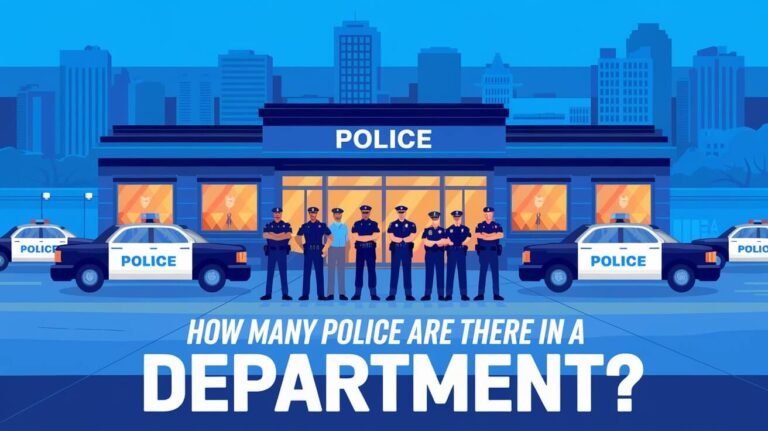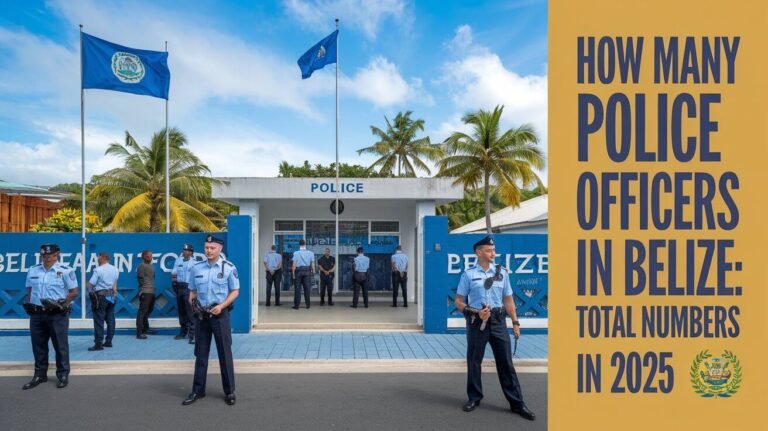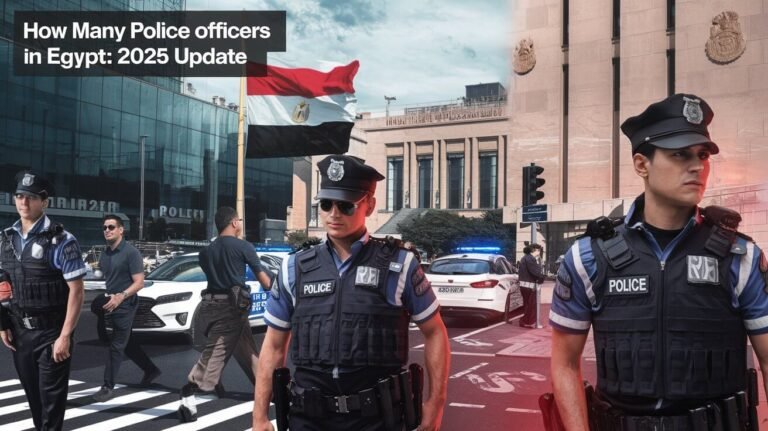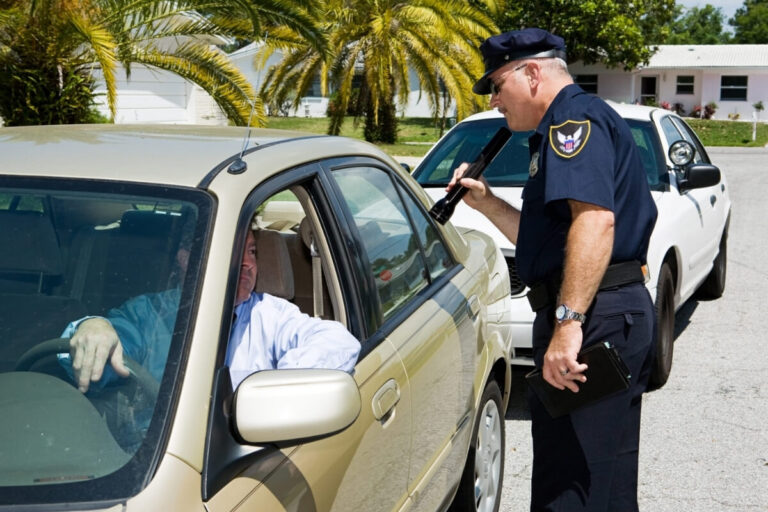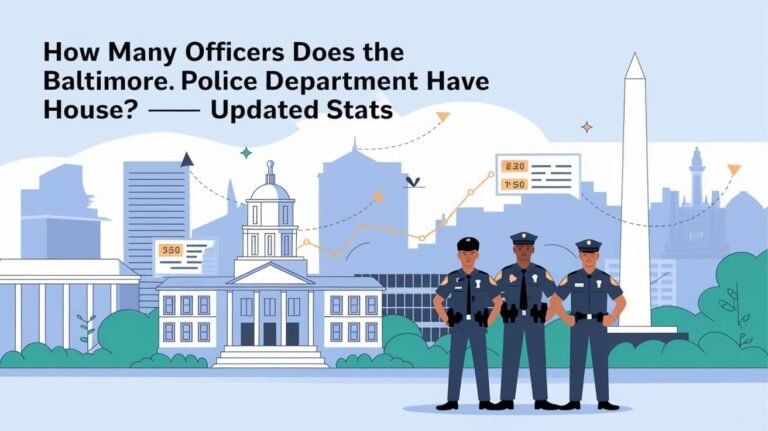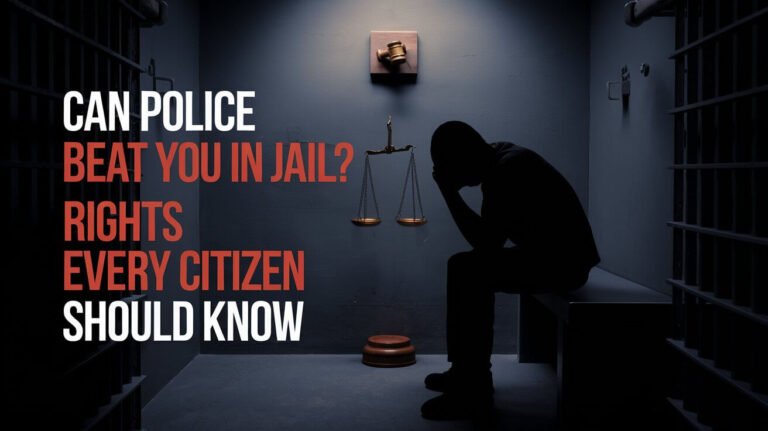Who to Call for a Mental Health Crisis Instead of the Police
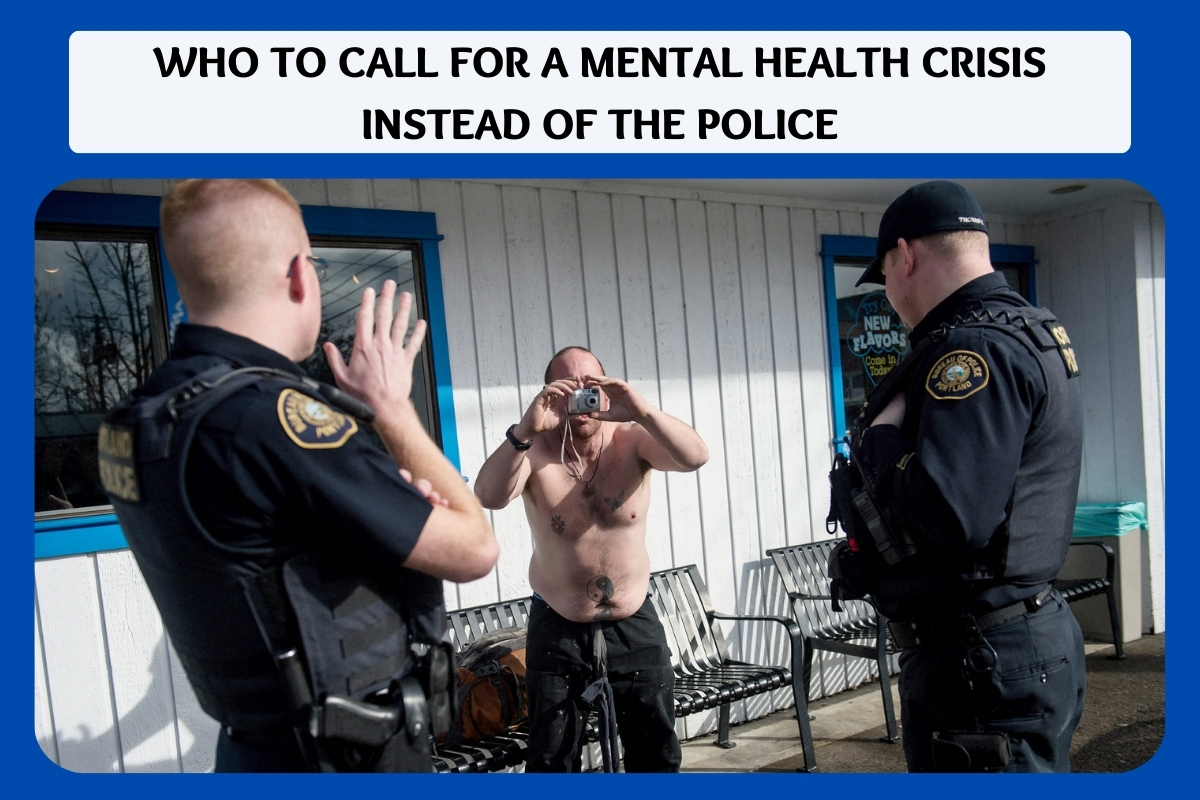
A mental health crisis can happen to anyone, at any time. It’s a severe episode where an individual’s mental health symptoms spiral out of control, putting them at risk of harming themselves or others. During a mental health crisis, knowing who to call instead of the police can make all the difference. In this complete guide, we’ll explore the warning signs of a mental health crisis, why involving law enforcement may not always be the best option, and the various alternatives available to get the appropriate help and support.
Understanding Mental Health Crises
Recognizing the Signs of a Mental Health Crisis
A mental health crisis can manifest in different ways, but some common warning signs include:
- Changes in behavior or mood: Sudden shifts in mood, increased irritability, or unusual restlessness.
- Difficulty functioning in daily life: Neglecting personal hygiene, struggling to maintain relationships, or inability to perform routine tasks.
- Thoughts of self-harm or harming others: Expressing suicidal ideation or making threats of violence.
If you notice these signs in yourself or a loved one, it’s crucial to take action and seek help.
Why Calling the Police May Not Be the Best Option
While the police are often the first point of contact in an emergency, they may not always be the best-equipped to handle a mental health crisis. Two key reasons why calling the police may not be the ideal solution include:
- Lack of training in mental health crisis response: Many police officers lack specialized training in de-escalating mental health situations, which can lead to further trauma or even escalation of the crisis.
- Potential for escalation and trauma: The presence of armed law enforcement can sometimes trigger an individual in crisis, causing them to become more agitated or fearful and leading to an adverse outcome.
In these situations, it’s generally better to explore alternative resources that are specifically designed to address mental health emergencies.
Alternatives to Calling the Police
Hotlines and Crisis Intervention Services
When facing a mental health crisis, one of the first steps you can take is to reach out to a dedicated hotline or crisis intervention service. These resources are staffed by trained professionals who can provide immediate support and guidance.
Some of the key hotlines and crisis services to be aware of include:
- National Suicide Prevention Lifeline (988): This free, confidential hotline provides 24/7 support for individuals experiencing suicidal thoughts or mental health crises.
- Crisis Text Line: By texting HOME to 741741, you can connect with a trained crisis counselor who can provide emotional support and resource referrals.
- Specialized Hotlines: Depending on your specific needs, there are also hotlines catered to veterans, LGBTQ+ individuals, and other populations, such as the Veterans Crisis Line and The Trevor Lifeline.
These hotlines and crisis services are designed to offer a compassionate, non-judgmental ear and help connect individuals with the appropriate support and resources.
Mobile Crisis Response Teams
Another alternative to calling the police during a mental health crisis is to reach out to a mobile crisis response team. These specialized teams, often composed of mental health professionals and trained paraprofessionals, can be dispatched to the individual’s location to provide on-site assessment and intervention.
The key benefits of mobile crisis response teams include:
- Prompt, face-to-face assistance: Mobile crisis teams can typically arrive at the scene within one to two hours, or even sooner if there is a high level of danger.
- Comprehensive clinical assessment: The team will conduct a thorough evaluation to determine the individual’s level of risk and the most appropriate course of action.
- Connection to local resources: Once the immediate crisis is stabilized, the team can help connect the individual with ongoing mental health services and support in their community.
By calling a mobile crisis hotline, you can request the dispatch of a team to address the situation in a more specialized and compassionate manner.
Community-Based Mental Health Resources
In addition to hotlines and mobile crisis teams, there are various community-based mental health resources that can be leveraged during a crisis. These include:
- Crisis Stabilization Units: These are short-term, intensive treatment facilities that can provide a safe, therapeutic environment for individuals experiencing a mental health crisis.
- Peer Support Groups: Connecting with others who have gone through similar experiences can offer invaluable emotional support and coping strategies.
- Mental Health Clinics and Therapists: Reaching out to a local mental health clinic or therapist can provide access to professional assessment, counseling, and ongoing treatment.
By exploring these community-based options, individuals in crisis can find the appropriate level of care and support to address their specific needs.
Preparing for a Mental Health Crisis
While it’s impossible to predict when a mental health crisis might occur, being proactive and having a plan in place can make a significant difference in how the situation is managed.
Creating a Crisis Plan
Developing a personalized crisis plan can empower individuals and their loved ones to respond effectively when a mental health emergency arises. Here are some key elements to consider:
- Identifying a support network: Compile a list of trusted friends, family members, or mental health professionals who can be contacted in times of crisis.
- Documenting triggers and coping strategies: Identify the specific situations or events that may precipitate a crisis, as well as the strategies and techniques that can help calm and stabilize the individual.
- Knowing emergency contact information: Keep a readily accessible list of hotline numbers, mobile crisis team contacts, and the nearest emergency mental health facilities.
By taking the time to create a comprehensive crisis plan, individuals and their loved ones can feel more prepared and better equipped to navigate a mental health emergency.
Advocating for Better Crisis Response Options
In addition to personal preparation, individuals and communities can also play a role in advocating for improved mental health crisis response systems. Some steps you can take include:
- Contacting local authorities: Reach out to your city or county officials to express the need for specialized crisis intervention services and better training for law enforcement.
- Joining mental health advocacy organizations: Get involved with local or national organizations that are working to enhance mental health crisis response and promote alternative solutions.
By actively advocating for change, we can collectively work towards a future where individuals in crisis have access to the most appropriate and compassionate support.
The Bottom Lines
Mental health crises can be frightening and overwhelming, but by knowing who to call instead of the police, individuals and their loved ones can access the specialized support and resources they need. Whether it’s reaching out to a national hotline, a mobile crisis team, or tapping into local community-based services, there are numerous alternatives available to provide a more humane and effective response during a mental health emergency.
By being proactive in preparing for a crisis, and by advocating for improved crisis response systems, we can work towards a future where mental health emergencies are met with the understanding, empathy, and care they deserve. Remember, you are not alone, and there are always people and resources available to help you or a loved one through a mental health crisis.

